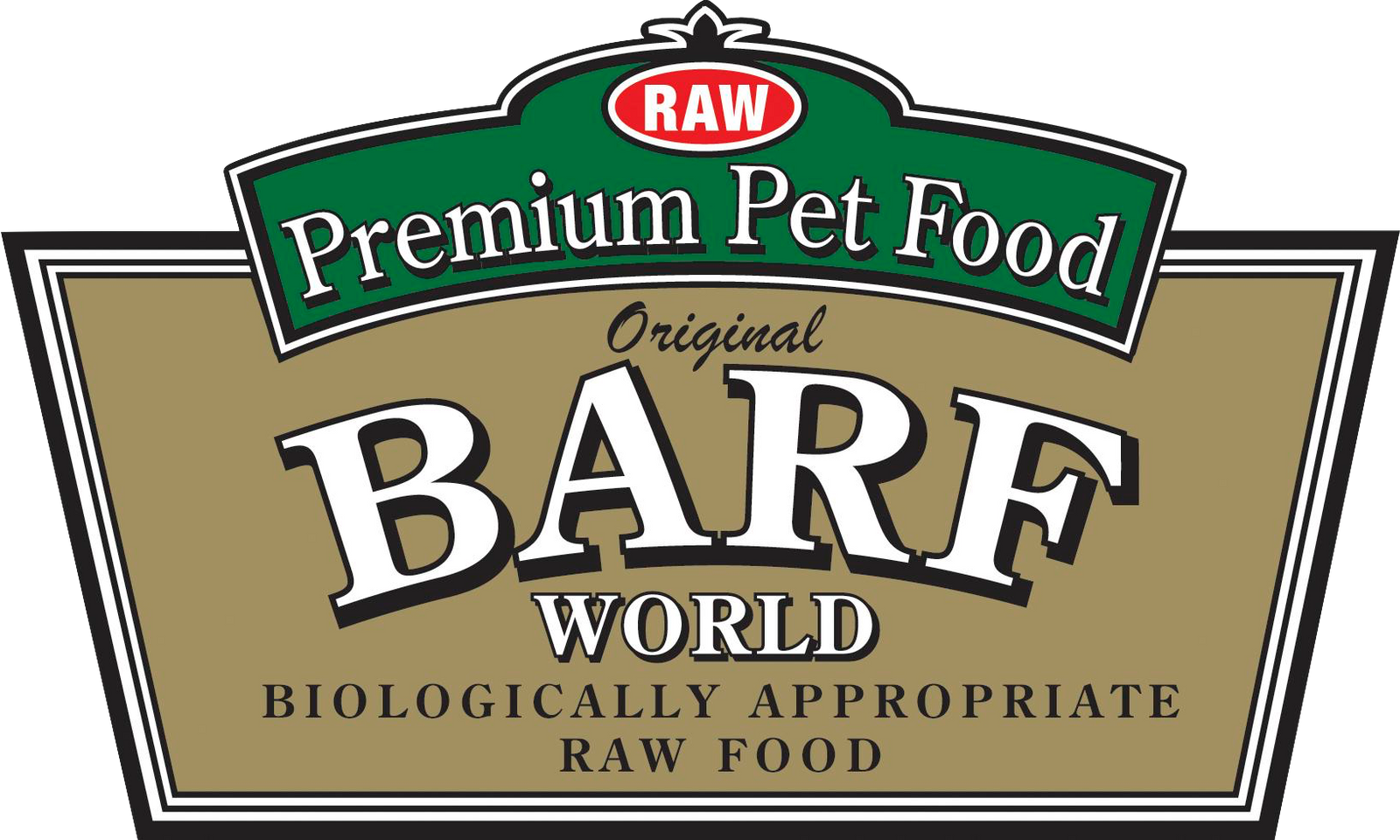What is Canine Pancreatitis?
Pancreatitis literally means ‘inflammation of the pancreas’. A dog that has been diagnosed with pancreatitis is essentially suffering from an inflamed pancreas that is either damaged or stressed, which prevents it from functioning properly.
The pancreas has two functions: first, it has a major role in the regulation of the metabolism of fats, proteins, and carbohydrates, and secondly, it produces digestive enzymes. When the pancreas releases enzymes prematurely, they begin to digest the pancreas itself. This is what we see in cases of pancreatitis in dogs. Signs of pancreatitis in dogs include vomiting, diarrhea, loss of appetite, and abdominal pain. If pancreatitis is suspected, your veterinarian will most likely conduct a blood test to check to see if your dog’s enzyme levels are elevated. They may also request a CT scan, ultrasound, or MRI for further confirmation of the disease.
Canine pancreatitis can range from mild, moderate, or severe. If left untreated, this disease can cause various health complications – such as damage to the surrounding organs, heart arrhythmias, sepsis, or Malabsorption Syndrome – some of which can be fatal.
What Causes Pancreatitis in Dogs?
Canine pancreatitis is usually seen in middle-aged dogs that have spent a lifetime being fed a diet mainly consisting of cooked and processed foods. Some alternative veterinarians believe it is because high-carbohydrate based pet foods, which are hard for pets to digest, overstress the pancreas, quickly depleting its enzyme reserves.
Pets on steroid treatments (which are commonly used to treat allergies in dogs or canine arthritis) are also susceptible to developing pancreatitis, as are overweight or obese dogs. Dogs that are regularly fed table scraps, which are usually very high in fat, are also susceptible.
The common anti-seizure medication, potassium bromide, taken by epileptic dogs to treat epileptic seizures has also been linked to increased instances of pancreatitis in dogs. However, not all dogs with pancreatitis contract the disease from food or medication. Certain breeds are more prone to contract the disease, such as Yorkshire terriers and Schnauzers.







